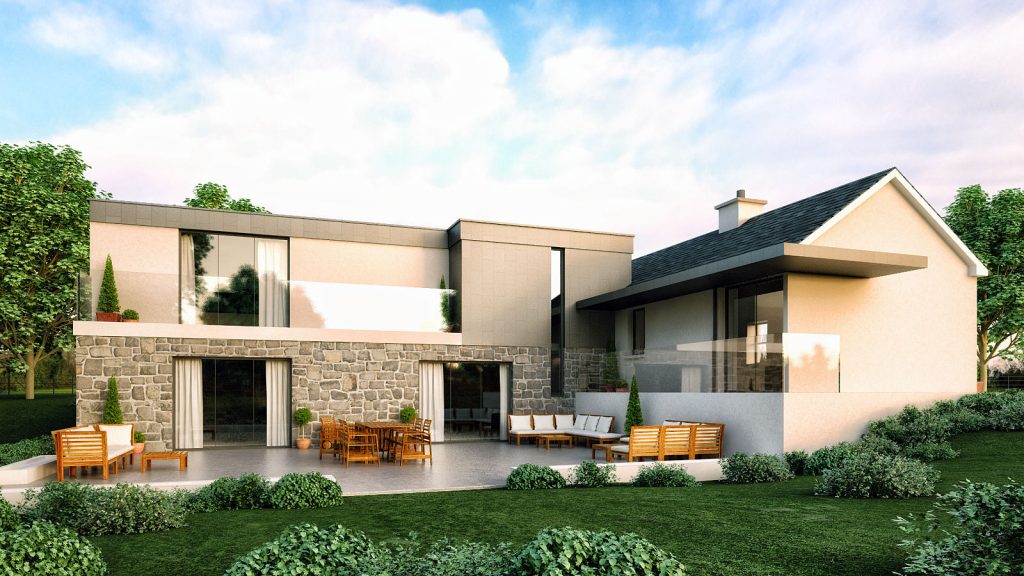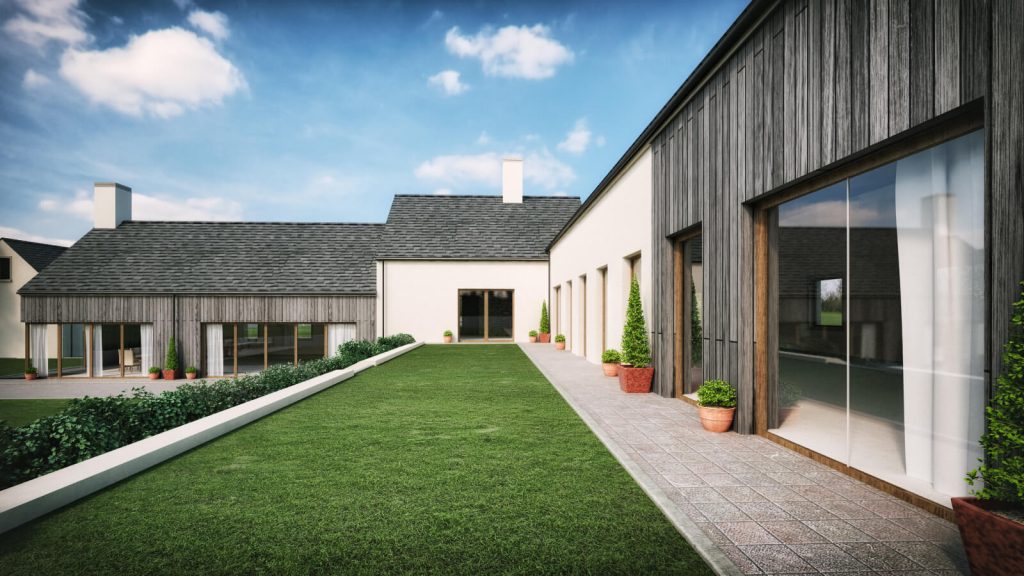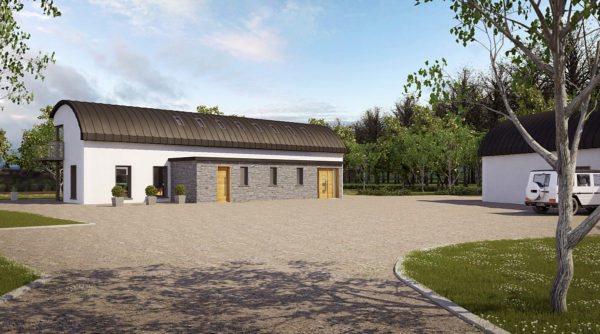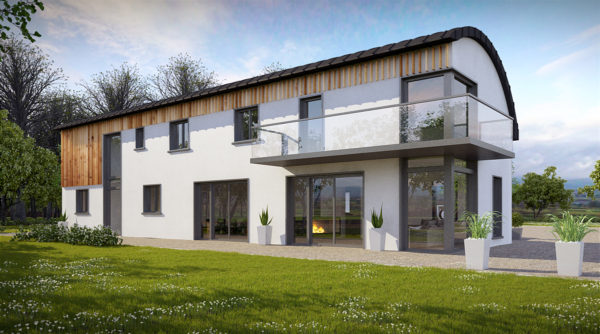With more & more being shown on TV & magazines about Eco Home, we take a look into what makes an Eco Home.
With the rise of new techniques and technologies more and more of us are considering what our impact is, both at scale and also on a local level, on the world around us.
This growing consciousness has lead to an increase in the building and development of “eco”, “eco-friendly” and “green” homes.
Even on a day-to-day basis, we are quizzed in the office or out onsite about the latest efforts to build eco-friendly homes and as a result thought we would answer some of the key questions here.

What is an Eco Home?
For many, the first question is simply “what is an eco home?”
This type of question makes sense because, for decades, the “eco-friendliness” of a home really wasn’t a major consideration. As a result, even though the trend might be growing, it’s still new to many.
Put simply, an eco home is a dwelling or home built with the aim of reducing energy consumption and waste, whilst also attempting to be as sustainable as possible with minimal impact on the surrounding environment.
That might sound like a bit of a mouthful but the reality is that there is no set definition and as such it will change and be completely relative to your own specific project.
Key Features in an EcoHome
The key features of an eco home differ in a similar way to a definition. Each home, or project, will be slightly different and as a result, will focus on different features or requirements.
Some of the most common features include greater levels of insulation, a greater emphasis on airtightness, yet still the quality of fresh air from the likes of MVHR, the maximizing of natural light and some form of solar power generation.
Some projects might also focus on incorporating rainwater harvesting and even impact the natural area surrounding the house with the inclusion of natural gardens or vegetable patches.
No matter what the features are, the focus will always be on creating a home that is as sustainable, energy efficient and environmentally friendly as possible.
If you keep this to the forefront of your mind throughout the lifecycle of your own project key features, materials and building methods should follow in an eco-friendly way.

Eco Home Materials
Eco building materials are becoming more and more popular due to a variety of reasons including price and accessibility.
Materials used can range widely, depending on the scope of the project, but can include timber, natural stone, slate, LED lighting, solar panels and less of a focus on uPVC and other plastics.
When considering what materials to use for your own eco-friendly home project you might want to focus on the following three key factors:
- Recycling/Reusable nature
- Biodegradable elements
- Location
The last factor, location, is interesting as a trend for locally sourced, eco-friendly, building materials continues to grow. Whilst this might not always be possible, think about your location and what might be nearby.
Building Your Eco Home
Building an eco-friendly home is a fully holistic process that begins in the planning phase and subsequently filters down through every aspect of the building thereafter.
This means that, at varying levels, the aim of building an eco-friendly home will influence every key decision including design and architecture, chosen features, materials used, building process and more.
For a novice, we would highly recommend using professional’s at all key junctures to ensure the project runs as smoothly as possible.

